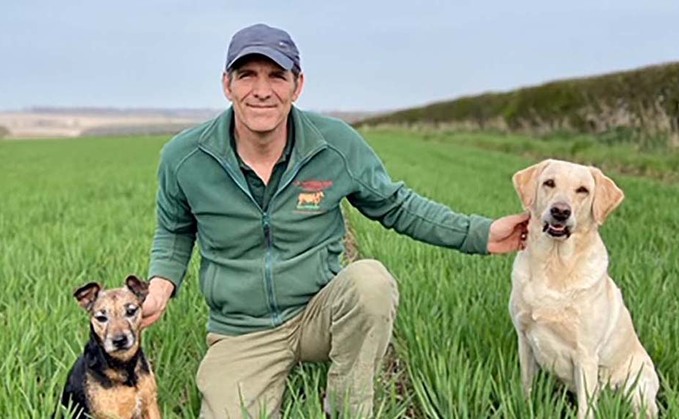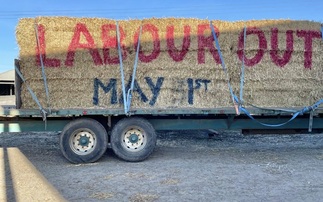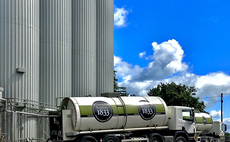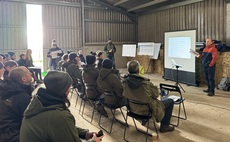
With the market place punishing pig, poultry and potato producers, this brand, as it likes to call itself, is well past its sell by date and certainly is not adding value or protection from cheaper imports.
I have no problem with the need for assurance for the supply chain. I had just begun to be involved with the NFU when the concept was developed and the crayons were taken out of the pack to create the logo.
I appreciated why it came about and the effort put in at that point to find a solution.
The problem I do have is in it failing to adapt, rebrand and accept its numerous failings.
In all my many years working off-farm, I have only met one person who genuinely said they looked for the logo when shopping in Waitrose.
It would help if it did not still think it was a marketing benefit. It is not. Of some concern, it offers no indication of food quality and gets particularly hazy when several ingredients come together.
At no level when spoken does the term Red Tractor help. It is an ugly turn of phrase. Shifting to assurance was the logical move, along with opting for a new and simpler motif, provided it was green and not red.
The credentials are there, but require so much explanation no consumer has the time to follow. Why has such logical change been ignored for so many years, particularly when the frustrations many have had with the scheme are well known?
Designed to offer a single assurance system and prevent multiple schemes, that intent still makes sense. It has just lost its way. In some areas, despite requests for many years, it has never even found a way.
Whole life assurance for beef and lamb has been requested for over 10 years and still failed to materialise. No brand with value would expose the sectors that do have full life farm production assurance to such risk from sectors that fail to assure standards.
You only have to see how adept the major retailers are in flexibly stocking shelves on price to know that Red Tractor has failed to keep up.
Like so many farmers, I am stuck with something that is not working properly and I have tried, on several levels, to bring about change to no effect.
Certainly while chairing the cereals and oilseeds sector, I could not see the case for levy payer support while it failed to change and was openly clear in how it needed to adapt.
Hopefully this will be the year that somebody with some sense of leadership recognises the obvious failings and brings about change. It really should not be too complicated, provided it sticks only to what is required as a standard working basis and takes cost out. Having spoken to not only farmers, but those along the supply chain, I know there is a shared frustration.
For those that feel there is added value in the brand, by all means offer higher standards and charge accordingly. For the rest of us, providing simply what is required by our first customer in the supply chain and leave them to do the marketing.




























